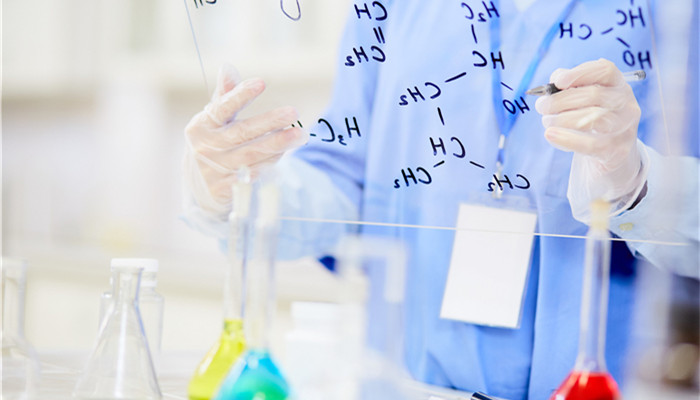
Mulberry leaf flavonoids have good biological activity and their application fields are constantly expanding.
Morus leaf flavonoids, also known as mulberry flavone and mulberry flavonoids, is a natural flavonoid compound extracted from Morus plants, mainly appearing as brown-green fine powder. Mulberry leaf flavonoids have antibacterial, antioxidant, and various biological activities such as reducing blood sugar, blood pressure, blood lipids, and cholesterol. They have broad application prospects in the fields of medicine, food, cosmetics, and health care products.
The main raw material of mulberry leaf flavonoids is mulberry leaves. Mulberry trees are drought-resistant, cold-resistant, and moisture-resistant, and like light and relatively loose soil. Mulberry trees have a long lifespan and are widely distributed. They are native to central my country and are one of the important economic crops in my country. According to different uses, mulberry tree varieties are mainly divided into two categories: fruit mulberry and leaf mulberry. There are various varieties of mulberries, and the main economic benefits come from the fruits, which can be used as raw materials in food, beverages, medicine and other fields. Leaf mulberry is also called feed mulberry. Its leaves are rich in protein and have excellent palatability and digestibility. It is an ideal feed for all herbivorous animals.
According to the “2023-2028 China Mulberry Leaf Flavonoids Industry Market In-depth Research and Development Prospects Forecast Report released by the Industrial Research Center, As the concept of healthy consumption is deeply rooted in the hearts of the people and residents pay more attention to the healthy ingredients in products, the market size of mulberry leaf extracts has expanded. In 2022, the market size of my country’s mulberry leaf extracts will increase by 5.2% year-on-year. As the main active ingredient of mulberry leaf extract, the market demand for mulberry leaf flavonoids has increased significantly.
There are various extraction techniques for flavonoids from mulberry leaves, including organic solvent extraction, enzymatic hydrolysis-assisted extraction, ultrasonic extraction, microwave extraction, ultra-high pressure extraction, supercritical carbon dioxide extraction, etc. At present, industrial production of mulberry leaf flavonoids is mainly based on organic solvent extraction. This method is simple to operate and easy to achieve large-scale production. It is a commonly used method in the plant extraction industry, but it requires a lot of solvents and can easily cause environmental pollution. Ultrasonic extraction and microwave extraction have high extraction efficiency, but are limited by equipment and are difficult to achieve mass production. Compared with other methods, the supercritical carbon dioxide extraction method has the characteristics of low extraction temperature, less solvent usage, and relatively high extraction rate. It is expected that in the future, the mulberry leaf flavonoids industry will use supercritical carbon dioxide extraction method as the main production process innovation direction.
In 2021, Jilin University released research showing that mulberry leaf flavonoids have a good inhibitory effect on Colletotrichum gloeosporioides, Botrytis cinerea and other major pathogenic fungi that cause plant growth lesions and spoilage during transportation. Adding mulberry leaf flavonoids to animal feeds such as chickens, horses, shrimps, and fish can promote animal growth, improve fecundity and immunity, improve meat quality, and reduce feed and breeding costs. Industry analysts said that academic attention and research on mulberry leaf flavonoids will help broaden the application fields of mulberry leaf flavonoids and improve production technology to expand the market demand for mulberry leaf flavonoids.

 微信扫一扫打赏
微信扫一扫打赏

